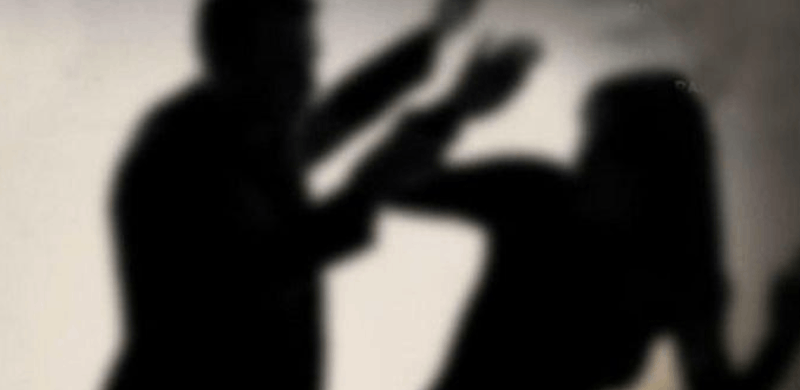
On the 26th of May 2020, two sisters were murdered by their father and brother, in the name of “honour”, after a video of them surfaced on social media, where they were allegedly kissing a man.
On the 14th of June 2020, a woman named Bibi Hajira was murdered by her husband and brother-in-law in Muslim Bagh (a small town in Baluchistan).
On the 18th of June 2020, Bibi Arifa was murdered by her husband in the city of Chaman, Dobandi. Since January 1, 2020, around 23 women and 5 men have been murdered in various cases of honour-killing and domestic violence.
These incidents of violence and animosity need to be addressed, condemned and stopped. Addressing and condemning them is relatively easier, however, they cannot solve the problem entirely. Acts of this kind are not isolated events but are part of a bigger problem, which is systemic.
Even today women are used as an instrument to resolve tribal conflicts by offering them as compensation from one tribe to another tribe. To think that even in the 21st century, women are used as mere objects, is a great failure on our people's part. These same women are first treated as an object, and later are denied their basic human rights and are then murdered either in the name of “honour” or by domestic violence.
A “good woman” to these people is one who stays silent, who blindly obeys her husband and doesn't question these beliefs which are injected from early childhood – to the point that any action that isn’t desirable for the husband is believed to be wrong. The husband thus has the utmost authority over his wife or wives. I remember when I was a child my mother used to scold my sisters for not making the roti round enough and used to warn them of the consequences that they would face because of it in their marriages. This scolding is a nationwide tradition in our society.
Such injected beliefs have been internalized by the women of our society to the point that even a husband’s violence seems to be a justified act to some. In such cases, the woman tolerates all sorts of injustices, believing she deserves this kind of treatment. Such internalization also includes the belief that females are inferior – rather weak or inherently more flawed – compared to men, and the belief that her only place is home and that a man in her life (first her father, later husband, and then son) is her guardian.
On the one hand, we have to condemn these murderers, and on the other hand, we have to criticize and change the system that gives rise to these incidents. For these incidents will keep on occurring unless the oppression practised against women and the system that encourages these attitudes and behaviors isn't stopped – by the state on a large scale and by the people on a smaller scale.
On the 14th of June 2020, a woman named Bibi Hajira was murdered by her husband and brother-in-law in Muslim Bagh (a small town in Baluchistan).
On the 18th of June 2020, Bibi Arifa was murdered by her husband in the city of Chaman, Dobandi. Since January 1, 2020, around 23 women and 5 men have been murdered in various cases of honour-killing and domestic violence.
These incidents of violence and animosity need to be addressed, condemned and stopped. Addressing and condemning them is relatively easier, however, they cannot solve the problem entirely. Acts of this kind are not isolated events but are part of a bigger problem, which is systemic.
Even today women are used as an instrument to resolve tribal conflicts by offering them as compensation from one tribe to another tribe. To think that even in the 21st century, women are used as mere objects, is a great failure on our people's part. These same women are first treated as an object, and later are denied their basic human rights and are then murdered either in the name of “honour” or by domestic violence.
A “good woman” to these people is one who stays silent, who blindly obeys her husband and doesn't question these beliefs which are injected from early childhood – to the point that any action that isn’t desirable for the husband is believed to be wrong. The husband thus has the utmost authority over his wife or wives. I remember when I was a child my mother used to scold my sisters for not making the roti round enough and used to warn them of the consequences that they would face because of it in their marriages. This scolding is a nationwide tradition in our society.
Such injected beliefs have been internalized by the women of our society to the point that even a husband’s violence seems to be a justified act to some. In such cases, the woman tolerates all sorts of injustices, believing she deserves this kind of treatment. Such internalization also includes the belief that females are inferior – rather weak or inherently more flawed – compared to men, and the belief that her only place is home and that a man in her life (first her father, later husband, and then son) is her guardian.
On the one hand, we have to condemn these murderers, and on the other hand, we have to criticize and change the system that gives rise to these incidents. For these incidents will keep on occurring unless the oppression practised against women and the system that encourages these attitudes and behaviors isn't stopped – by the state on a large scale and by the people on a smaller scale.
